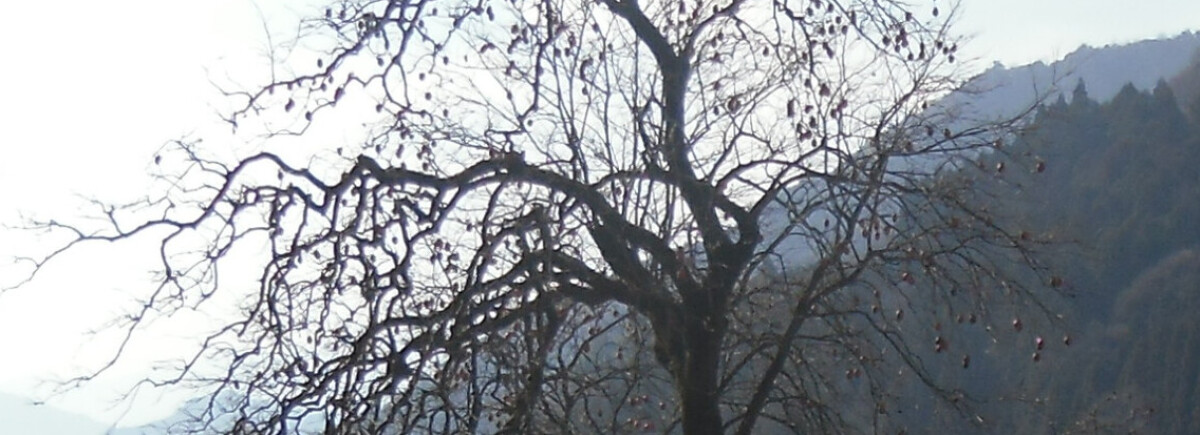I thought I had read parts of
Noam Chomsky's Hopes and Prospects before. Maybe I didn't, just bought the book and saw the cover a few times or something. But now that I'm in the habit of laying down with an ebook reader (easy to switch to computer language docs or math books when exposure to the atrocities gets too heavey) I'm able to read important books all the way through:
The Washington Connection,
After The Cataclysm,
Fateful Triangle... Maybe binge reading all the
Dune books helped extend the attention span for reading?
Vile as the atrocities on 9/11 were, one can easily imagine worse. Suppose that al-Qaeda had been supported by an awesome superpower intent on overthrowing the government of the United States. Suppose that the attack had succeeded: al-Qaeda had bombed the White House, killed the president, and installed a vicious military dictatorship, which killed some fifty thousand to one hundred thousand people, brutally tortured seven hundred thousand, set up a major center of terror and subversion that carried out assassinations throughout the world, and helped establish neo-Nazi “National Security States” elsewhere that tortured and murdered with abandon. Suppose further that the dictatorship brought in economic advisers—call them “the Kandahar boys”—who within a few years drove the economy to one of its worst disasters in U.S. history while their proud mentors collected Nobel Prizes and received other accolades. That would have been vastly more horrendous than 9/11.
And as everyone in Chile knows, it is not necessary to imagine, because it in fact did happen, right here: on “the first 9/11,” September 11, 1973. The only change above is to per capita equivalents, an appropriate measure. But the first 9/11 did not change history, for good reasons: the events were too normal.
Mention of these truisms would elicit incomprehension in the West, in some educated circles outright fury—not over the facts, but for mentioning them....
... “expansion is the path to security,” like official doctrine generally, should be interpreted in the light of Adam Smith’s principle of international affairs, which I quoted earlier. The phrase “security” does not refer to the security of the population; rather to the security of the “principal architects of policy”—in Smith’s day “merchants and manufacturers,” in ours megacorporations and great financial institutions, nourished by the states they largely dominate.
There are numerous current illustrations of the real meaning of the term “security,” including two that are of transcendent importance, because they have to do with threats to survival: nuclear war and environmental catastrophe. Both threats are being enhanced, knowingly, by the principal architects of policy and the states they dominate, not of course because they want elimination of any hope for decent existence, but because of higher priorities: short-term profit and power, priorities that are rooted in deeper features of prevailing socioeconomic and political systems.
--- Noam Chomsky,
Hopes and Prospects #
NoamChomsky #
HopesAndProspectsBook #
USA911 #
Chile911
